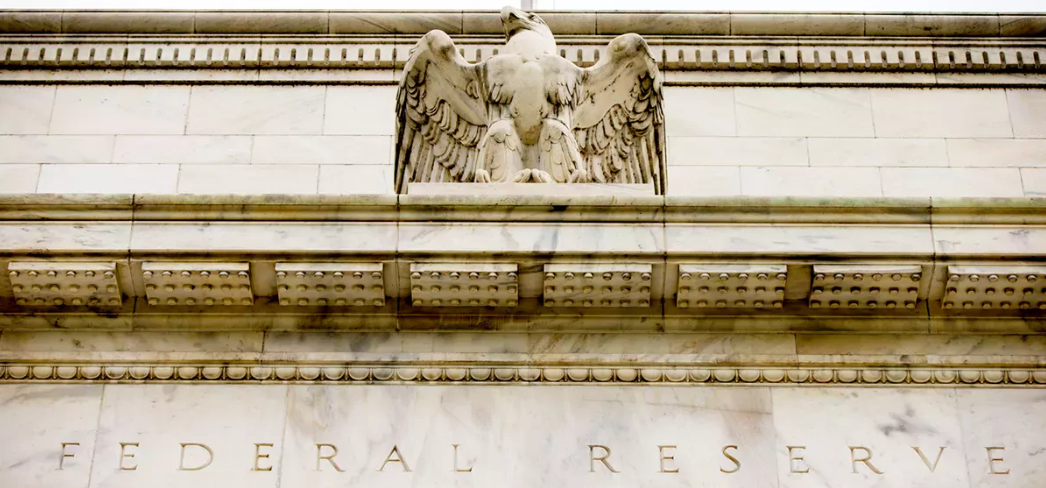
François Christen
Chief Economist
Increasing central bank dovishness pushed US and European government bond yields lower.
Original article published in French on agefi.com

Four major central banks focused attention last week. The first of these was the Bank of Japan, which put an end to all the unconventional measures implemented in recent years. The era of negative interest rates ended with the federal funds rate rising from -0.1% to target between 0% and 0.1%. The “Yield Curve Control” program was terminated, but the central bank had no plans to reduce its purchases of government bonds (JGBs), although it did abandon its purchases of risky assets (ETFs, real estate funds, corporate bonds and debt). A symbolic milestone has thus been passed, but the Bank of Japan continues to pursue an accommodating policy and did not signal any further rate hikes. The shift was gradual, to say the least, and had virtually no impact on bond yields, while putting pressure on the Yen.
Unsurprisingly, the US Federal Reserve left its key interest rate unchanged and reaffirmed its willingness to be patient. The updated economic projections and Jerome Powell’s friendly words did, however, capture attention. The central banker downplayed the persistence of inflation observed at the start of the year. In addition, the median forecast of the nineteen FOMC members is still for a Fed funds rate cut to 4.6% by the end of 2024. However, the median of projection masks a large minority of nine participants who are predicting more modest easing, or even maintaining the status quo until the end of the year. The path of interest rates remains uncertain and dependent on future data. Recent events do not argue in favour of a rapid, large-scale reversal, but rather for a gradual normalization, postponed until the third quarter. In the end, Jerome Powell’s balanced message prompted a small decline in bond yields and triggered an enthusiastic reaction in an equity market that reached new highs.
In Europe, the Swiss National Bank contradicted most forecasts by cutting its key interest rate from 1.75% to 1.5%. Carried out a little earlier than expected, this move was justified by the slowdown in inflation and the appreciation of the Swiss franc in real terms. The SNB’s downwardly revised inflation forecasts and Thomas Jordan’s statements seem to herald a further reduction in rates. Yields have fallen to such an extent that Swiss franc bonds have lost much of their appeal, which they briefly regained at the end of 2022.
In the UK, the Bank of England maintained the status quo with a strong majority of eight to one (voting for a rate cut). The two “hawks” who voted for a rate hike on February 1 have fallen into line, but the committee will wait for further signs of disinflation before starting to cut rates, probably in the second half of the year.
As for the eurozone, Christine Lagarde has explicitly announced the prospect of an interest rate cut on June 6th, provided that the scenario expected by the ECB is corroborated by incoming data. The slowdown in wage inflation observed in the fourth quarter of 2023 and the improvement in the business climate tend to validate the optimism that has driven the Stoxx 50 index to its highest level in almost 24 years.










